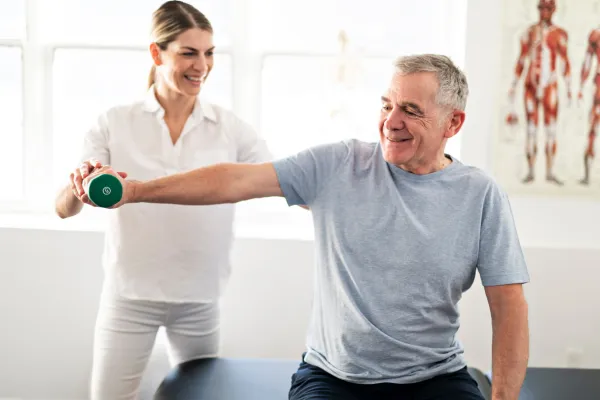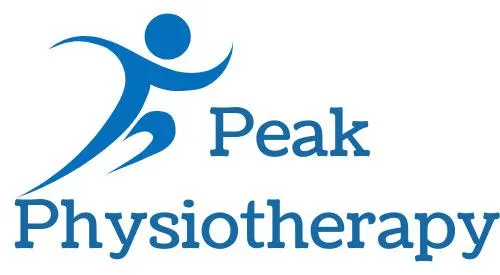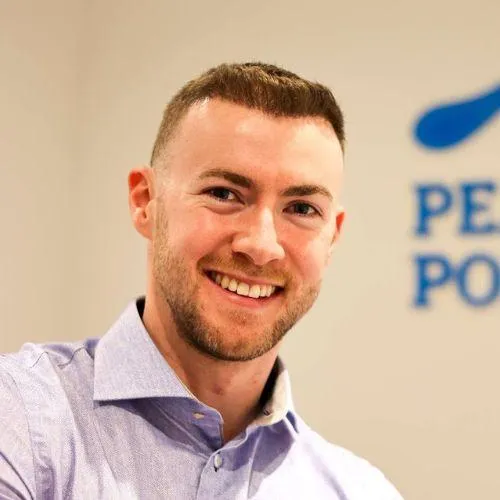
From Injury to Independence: Your Guide to Rehabilitation Physiotherapy
An injury can turn your routine upside down. Whether it’s a fractured wrist, torn ligament, or surgery recovery, suddenly the simple things — climbing stairs, lifting a bag, or even walking — feel like uphill battles. But recovery doesn’t end with a cast removal or a doctor’s sign-off.
That’s where rehabilitation physiotherapy steps in — the bridge between treatment and true recovery. At a trusted Rehabilitation Clinic Galway, physiotherapy helps you regain control, strength, and confidence, one step at a time.
What Is Rehabilitation Physiotherapy?
Rehabilitation physiotherapy is more than just a few exercises. It’s a structured, evidence-based program designed to help you:
Restore normal movement and function
Strengthen weakened muscles
Improve balance and coordination
Prevent future injuries or setbacks
It’s commonly used after surgeries, accidents, or conditions like stroke, but it’s just as valuable for anyone recovering from sprains, fractures, or long-standing pain.
The Phases of Recovery: What to Expect
Every rehab journey is unique, but it generally follows a logical progression. At our Rehabilitation Clinic Galway, here’s how we guide you from injury to independence:
1. Initial Assessment and Goal Setting
Your physiotherapist begins by understanding your injury, mobility limitations, and lifestyle goals. Whether you want to walk without a limp or return to your sport, your plan is tailored to you.
Functional tests to assess your movement and pain levels
Clear, realistic recovery goals
A step-by-step roadmap for your rehab journey
This first stage builds trust, clarity, and purpose.
2. Pain Management and Early Mobilization
Pain and stiffness often linger after an injury or surgery. Early physiotherapy focuses on gentle movement and targeted techniques to reduce discomfort:
Manual therapy to mobilize stiff joints
Cold or heat therapy to ease inflammation
Assisted movements to reintroduce motion safely
The goal isn’t just to feel better — it’s to start moving again, safely and confidently.
3. Strengthening and Restoring Function
Once the basics are in place, your rehab shifts toward regaining strength and movement:
Tailored strength exercises to rebuild muscle
Balance and coordination training to restore control
Functional tasks that mimic daily life — like stepping, lifting, or reaching
Each exercise is adjusted based on your ability and comfort. As you improve, your plan evolves with you.
4. Confidence and Return to Daily Life
Whether you're aiming to return to work, resume hobbies, or simply walk unaided, your physiotherapist helps prepare you for real-world demands.
At this stage, you may focus on:
Work or sport-specific training
Independence in home tasks
Energy management strategies to avoid overexertion
The goal is simple: help you feel strong, capable, and in control of your body again.
Why Choose a Rehabilitation Clinic Galway?
Rehabilitation isn’t just about exercise — it’s about having the right support system in place. At a dedicated Rehabilitation Clinic Galway, you benefit from:
Chartered physiotherapists with experience in complex recovery cases
One-on-one guidance to avoid re-injury or regression
Modern equipment and tailored programs in a supportive setting
It’s care that goes beyond the basics — because recovery isn’t linear, and everyone’s journey is different.
Tips for a Successful Rehab Experience
Commit to your plan – Consistency matters more than intensity.
Listen to your body – Communicate pain or fatigue with your therapist.
Track your progress – Small wins lead to big results.
Stay mentally engaged – Celebrate how far you’ve come, not just how far you have to go.
Conclusion
Rehabilitation physiotherapy is your key to reclaiming strength, movement, and independence after injury. With expert support from a Rehabilitation Clinic Galway, your path to recovery is clear, structured, and designed just for you.
You don’t have to wait until you’re “back to normal” to start moving forward — your recovery starts today.



